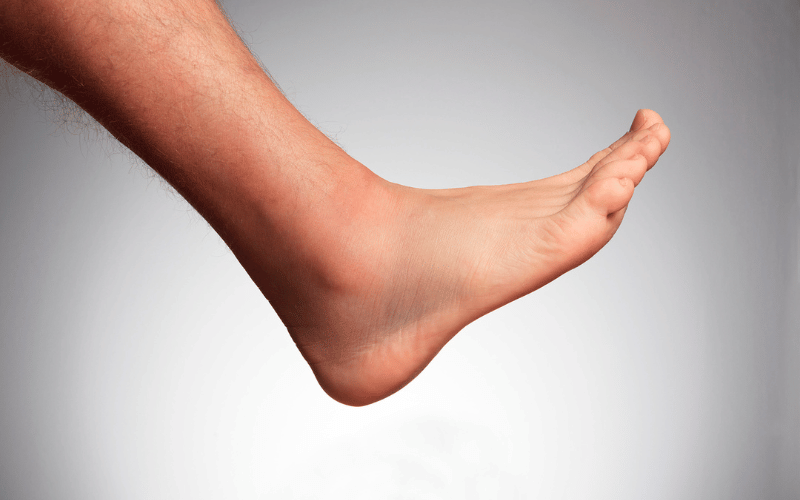Sign 10: Swelling and Fluid Build-up

One of the more insidious signs of multiple myeloma in women is the occurrence of swelling and fluid build-up, also known as edema. This symptom, while potentially seeming benign or attributed to other health conditions, can be a manifestation of multiple myeloma’s effect on the body’s systems.
The kidneys play a pivotal role in fluid regulation in the body. As multiple myeloma progresses, the kidneys may become overburdened by the excess protein produced by malignant plasma cells. When the kidneys are strained, they struggle to effectively filter out excess fluid and waste from the bloodstream. This malfunction can result in fluid retention in various parts of the body.
Typically, edema starts in the extremities – think ankles, feet, and hands. However, as the condition worsens, swelling can manifest in the face, around the eyes, or even in the abdomen. This abdominal swelling is particularly concerning as it indicates ascites or the build-up of fluid in the abdominal cavity, which can be painful and pose serious health risks.
Aside from the visible swelling, a person might feel a tight or heavy sensation in the swollen areas. The skin may appear shiny or stretched, and pressing a finger into the swollen spot might leave a small indentation, known as “pitting.”
If edema is indeed linked to multiple myeloma, addressing it promptly can prevent complications like skin ulcers or infections. Additionally, recognizing and treating this symptom can offer relief and prevent further kidney damage. The presence of edema is also a potential indicator that the disease is advancing, emphasizing the need for timely intervention and potential treatment adjustments.
While swelling and fluid build-up can be linked to various conditions, in the context of multiple myeloma, they serve as important flags. Seeking medical advice when such symptoms appear is crucial for a holistic approach to the disease’s management and ensuring the best possible care. (10)